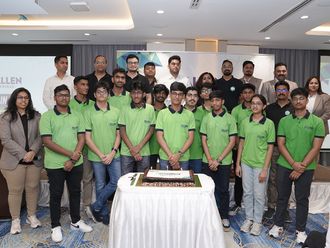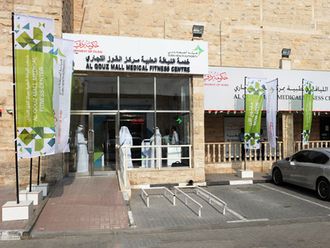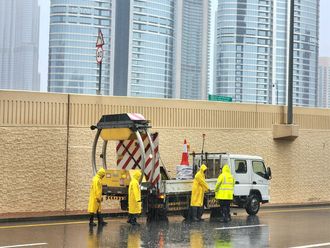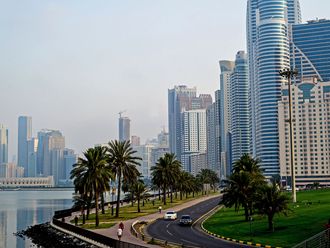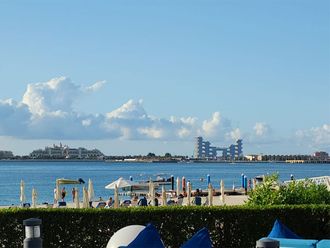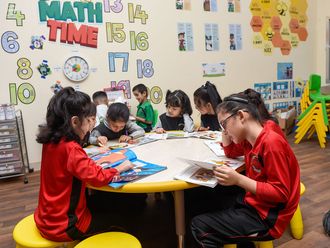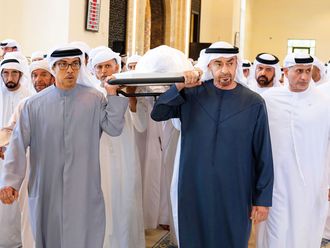While the local press did cover the repercussions of the global financial crisis in the UAE, its reporting was guarded and mostly prompted by information released by the authorities, rarely venturing beyond that.
Sultan Saud Al Qasimi, Emirati commentator and non-resident fellow at the Dubai School of Government, said political correctness reached a "new high" in UAE media in 2009. The overlooking of major stories by the local papers, he said, reflected poorly on the standards of the press in the UAE.
"Several incidents weren't reported at all in the local press, although the foreign press that was sold side by side in the local newsstands covered them — sometimes even featuring them on the front page," he said.
He attributed the eventual improvement in the coverage of stories in the local press to fear of losing market share to online publications and foreign media, which he said tackled the issues with more boldness.
Al Qasimi, however, stressed that the local press alone could not be blamed, saying lack of transparency from the government also played its part.
"A large part of [the lack of coverage] was due to the fact that Dubai still has no official spokesperson despite repeated promises by senior officials of the creation of such a post. This vacuum is an ideal breeding ground of unsubstantiated rumours as people's perceptions of events find their way into international newspapers in a few days' time," he said.
He predicted that this situation would continue in 2010 unless the authorities realised the role of the local press in providing constructive criticism, which would "improve various standards and highlight issues that need to be amended".
Mohammad Yousuf, chairman of the UAE Journalists Association, said the local press "followed" in reporting the crisis instead of leading in it "because we did not understand the magnitude of the crisis". "There was carelessness from both the authorities and the media when it came to information about the financial crisis… when the picture became clearer it was realised that not covering the situation was a major mistake," he said.
Yousuf stressed that because the economic downturn was "a repercussion of the global financial crisis", there should not have been restrictions in reporting on it.
"[The restrictions] would perhaps have been more understandable if we were responsible for this crisis.
"We had to rely on foreign papers to learn about the crisis, and then follow up on their reporting," he said.
Yousuf also criticised what he called "telephone directives" from officials during the crisis, saying UAE media should be governed by laws that determine the red lines, "not phone calls from officials".
He added that the phone calls, which previously came from few sources, now came from various figures of authority, "some of whom have overlapping interests: in the government and private sector".



